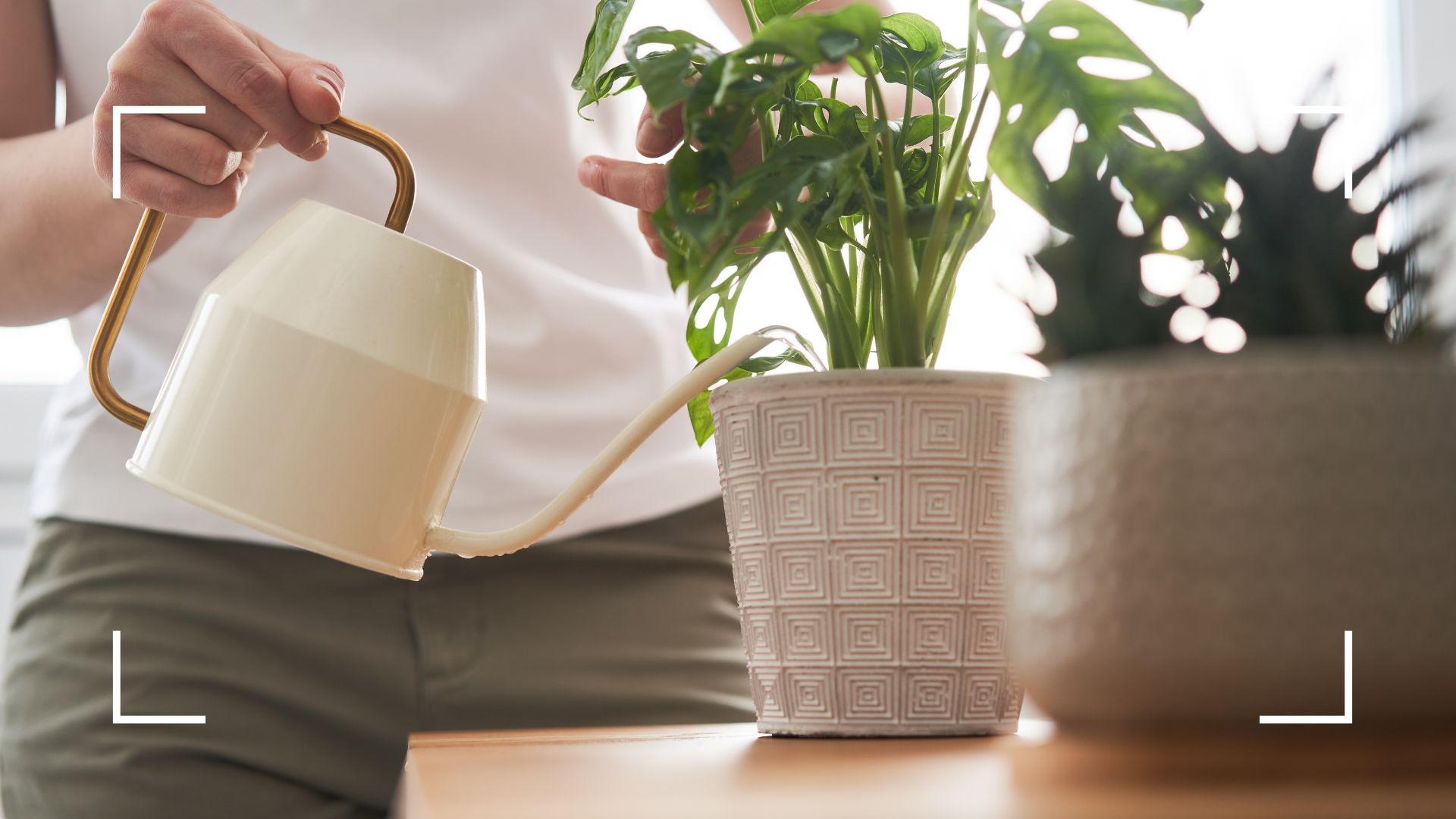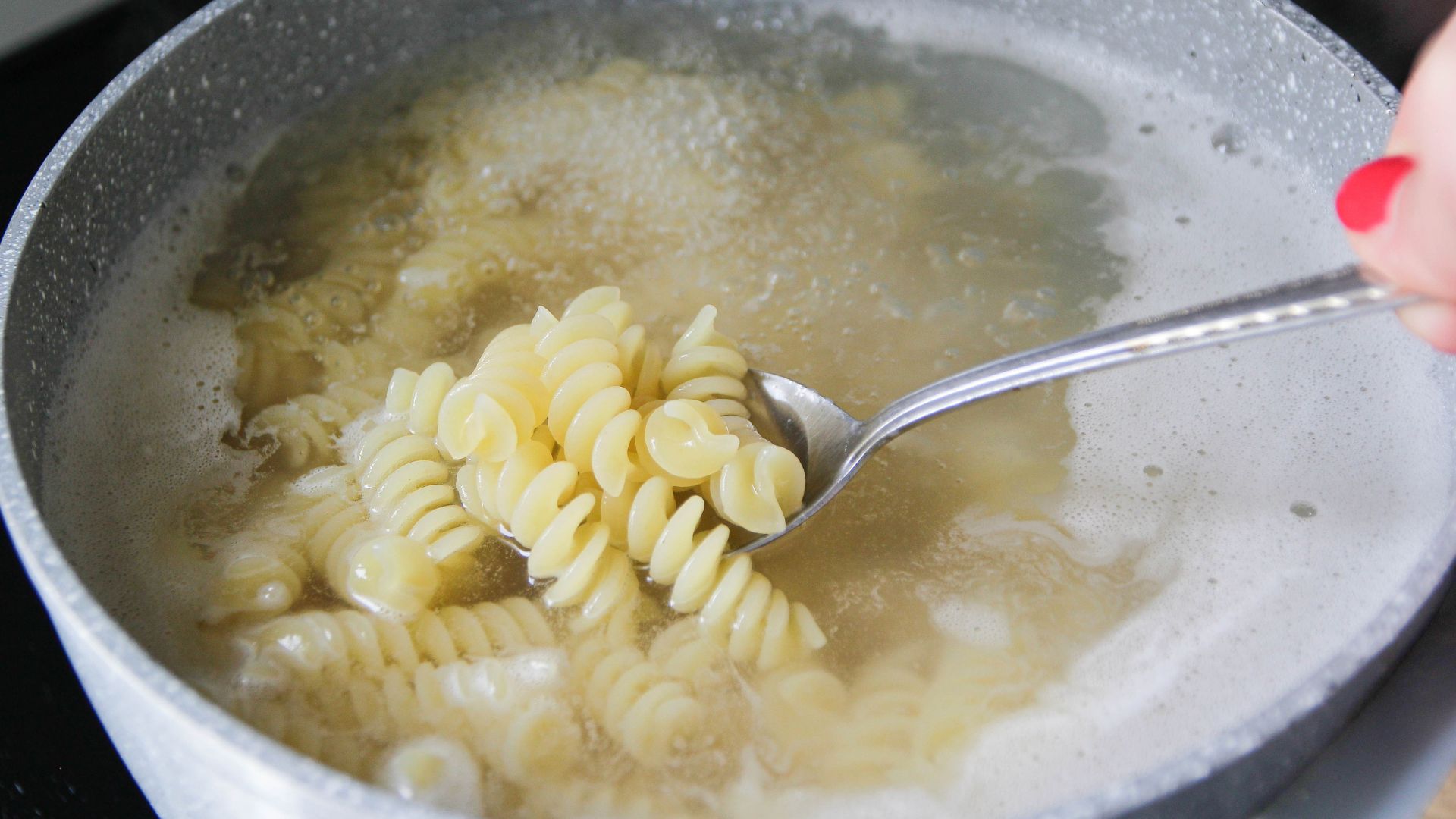
Is pasta water good for your plants? A question you may have asked after considering all the great benefits your plants get from your other food waste, but is this starchy drink just as beneficial?
Knowing how to care for plants can be more complicated than you first realise, from how often you should water your indoor plants to avoiding all of the most common houseplant mistakes. Keeping your leafy friends happy can seem impossible.
So when we look to finding ways of increasing their health, such as providing extra nutrients, it can feel like quite the risk. With that in mind, we spoke to the plant professionals to get all the information on what pasta water can do for your plants and if you should be reusing it.
Is pasta water good for plants?
Unlike using coffee grounds in your garden or making use of orange peel in the garden, pasta water doesn't really offer many extra nutrients, especially when used on house plants.
Speaking to a gardening expert at MyJobQuote, Fiona Jenkins, she says, "Reusing the water from your pasta can help you save water, which is eco-friendly and handy if you’re on a water meter. Although it won’t provide your plants with any direct benefits apart from the moisture, the starch from the pasta is thought to help improve the condition of the soil. So, your plants could potentially see some benefits."
She does however warn about using pasta water on houseplants in smaller containers, this is because they can be more sensitive to the type of water and nutrients they're given – especially the hardest houseplants to keep alive.
So to be safe she says, "You might want to stick to using your pasta water in small doses on some of your hardier outdoor plants."
The nutrients that are present in the pasta water, potassium, magnesium and phosphorous are important and can help a growing plant. However Phi Dang, a garden expert at Calibre Cleaning says, "These nutrients are not in enough quantities to add to the nutritional value of the plant. Instead, adding fertilisers and compost can fulfil their needs for necessary nutrients."

What are the disadvantages of using pasta water on plants?
Whilst the advantages of using pasta water on your plants are somewhat slim, the disadvantages and risks are far more prominent. Unlike using teabags in your garden or using banana peels in the garden, pasta water can do a little more harm than good if not used properly.
"The main disadvantage of using pasta water on plants is that it will probably encourage mould growth. So, it might be best to use pasta water sparingly and to use it outside on sunny beds and borders where mould is less likely to thrive," says Fiona.
Aside from possible mould growth, the starch and oil in the pasta water can cause your plant distress. Phi warns against using pasta water at all if you've salted or seasoned it, he says, "It can potentially damage the plant by increasing its salt content and providing unnecessary ingredients to the soil."
In short, pasta water can generally not do much for your plants. Whilst there is some nutritional value that plants can benefit from, the amount is too small to make a worthwhile difference. So it's recommended you instead use clean, distilled water, especially when it comes to the care of your houseplants.
Instead of using pasta water, why not try rainwater harvesting as it's a natural way of collecting naturally nutrient-rich water for both your indoor and outdoor plants? Then you won't have to be wondering why your plant has grown mould on the top of its soil.







